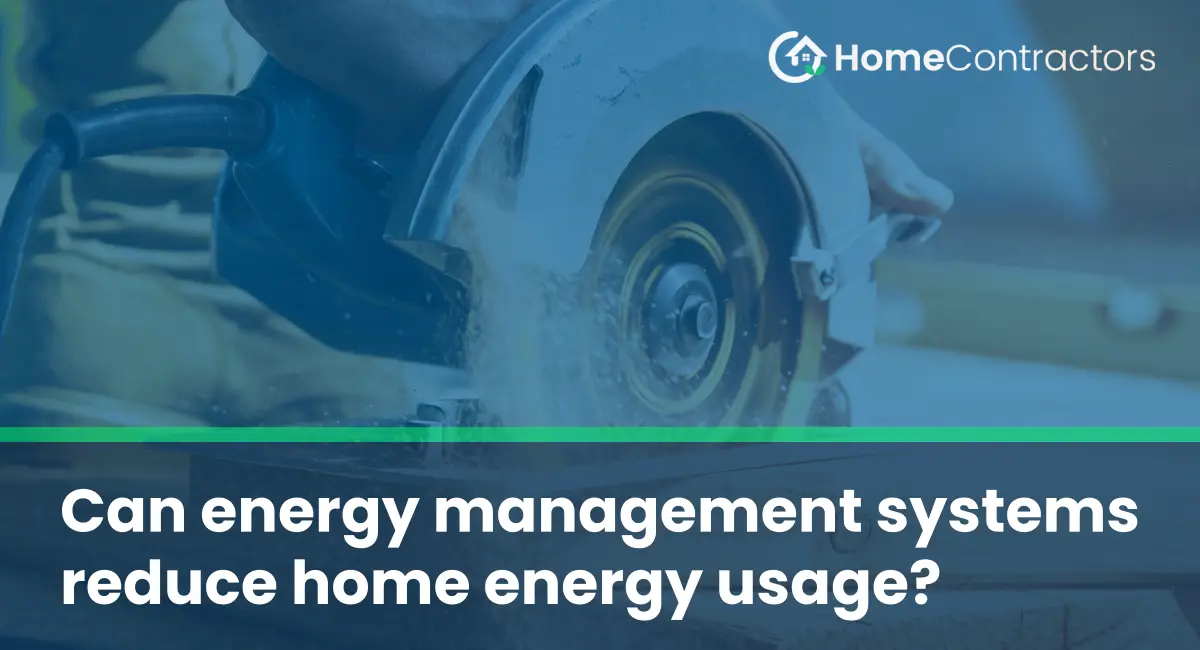An energy management system is a combination of hardware and software technologies that enable homeowners to monitor, analyze, and control their energy consumption. These systems often consist of smart meters, sensors, and automation devices that work in tandem with a central control unit or a mobile app. The objective of an energy management system is to provide users with real-time insights into their energy usage and equip them with tools to make educated decisions to minimize wastage and lower their carbon footprint.
Real-time Monitoring and Feedback
One of the key advantages of energy management systems is the ability to provide homeowners with real-time monitoring and feedback on their energy usage. Smart meters and sensors collect data on electricity consumption, heating and cooling patterns, and other metrics, allowing homeowners to gain insights into which appliances or behaviors contribute most significantly to their energy bill. With this information, users can make informed choices about energy consumption and prioritize energy-saving strategies.
Energy Consumption Optimization
Energy management systems empower homeowners to optimize their energy consumption by identifying inefficiencies and suggesting effective energy-saving measures. By analyzing the data collected through smart devices, these systems can identify patterns, such as peak usage times or excessive energy consumption by specific appliances. Armed with this knowledge, homeowners can adjust their habits, replace energy-draining appliances, or make other changes to reduce their overall energy consumption.
Automation and Smart Control
Another significant benefit of energy management systems lies in their ability to automate energy usage in the home. By connecting smart devices like thermostats, lighting controls, and smart appliances to the EMS, homeowners can program their devices to adjust energy consumption according to pre-set parameters. For example, a smart thermostat can learn a household’s preferences, adjust the temperature while occupants are away, and optimize energy use based on weather conditions.
Remote Access and Convenience
Energy management systems often offer remote access through mobile apps, allowing homeowners to monitor and control their energy usage even when they are not at home. This convenience enables users to switch off appliances left on accidentally or adjust the thermostat to save energy without physically being present. By having constant access to their energy usage data, homeowners can make immediate changes to reduce wastage and optimize energy consumption, thereby lowering their energy bills.
Financial Benefits and Return on Investment
While implementing an energy management system requires an upfront investment, the potential financial benefits and long-term savings can outweigh the initial costs. By optimizing energy consumption, homeowners can significantly lower their energy bills, especially in regions where electricity prices are high. Additionally, some utilities offer incentives, such as time-of-use rates or rebates, for homeowners who integrate energy management systems into their households. These financial incentives further enhance the return on investment for adopting an energy management system.
Energy management systems provide homeowners with a powerful tool to reduce home energy usage and lower their carbon footprint. By offering real-time monitoring, optimization strategies, automation, and remote control, these systems empower users to make informed decisions about their energy consumption. As energy costs continue to rise and sustainability becomes increasingly important, energy management systems are poised to play a vital role in creating more energy-efficient homes.
